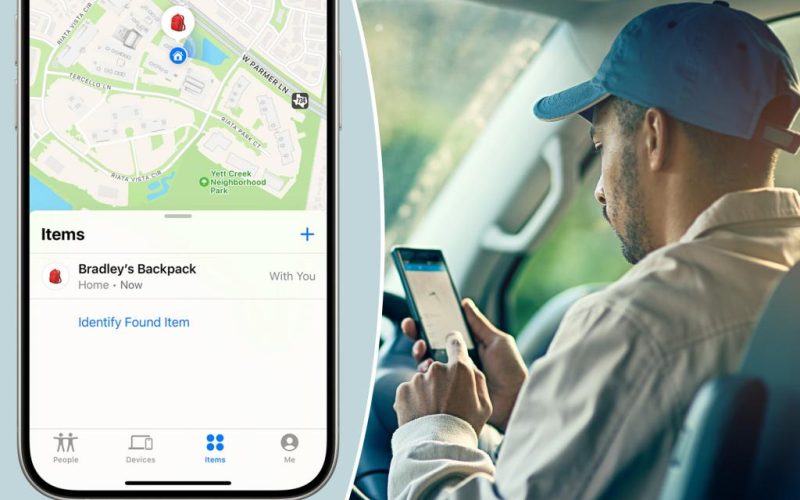Experts are warning that a worrying relationship “red flag” has become normalized after new data revealed it’s on the rise in Australia.
Almost a quarter of Aussies think it’s reasonable to expect to have a partner’s device codes and more than one in 10 think it’s reasonable to expect to track a partner using location-sharing apps, new eSafety research conducted by the Social Research Centre found.
“There are many practical and safe reasons why two people in an intimate relationship might consent to sharing their passcodes, tracking each other or sending frequent messages to check where the other person is or what they’re doing,” eSafety Commissioner Julie Inman Grant said.
“What’s concerning about these findings is the normalization of these expectations within any intimate relationship.”
“In this age of ubiquitous tech, we need to be careful not to inadvertently erode a partner’s privacy, boundaries and agency simply because digital devices allow us to track, cross-check and recheck their every action, like and dislike.”
Of the 2046 surveyed, just under 10 percent of respondents agreed that both having someone’s personal passcodes and tracking someone whenever they want using location-sharing apps were reasonable expectations from an intimate partner.
Men were also found to be twice as likely as women to see tracking a partner as “reasonable” or a “sign of care.”
“When there are several red flags, it could be that you or someone you know is a target of tech-based coercive control ,” Inman Grant added.
“Tech-based coercive control isn’t a single act of abuse but a pattern of controlling behaviors. It’s often difficult to spot because the abuser will describe their abusive actions as acts of care or deep concern. But like a wolf in sheep’s clothing, this is abuse dressed up as love.
“While we need to conduct further research to understand what’s driving these attitudes and expectations, it’s clear more work needs to be done to raise awareness of tech-based coercive control and to reshape norms around digital privacy and respect between intimate partners, especially among younger adults and men.”
Inman Grant added that data exposed the gravity of technology-facilitated gender based violence that had been downplayed or ignored for “too long.”
“This form of violence acts as a ‘silent menace’ for women and their children,” she said.
“While there may be no visible bruises, it can leave deep psychological trauma and scars.”
One of the reasons it’s so dangerous is because it can “infiltrate every digital nook and cranny” of a victim’s life and be used to “terrify and manipulate.”
“When it comes to tech-based coercive control, the tentacles of abuse are numerous and wily because its vectors are the devices we use every day, carry everywhere and have in every room of our homes,” she warned.
“We know from frontline workers that tech-based coercive control is almost always used in family, domestic and sexual violence, but it’s often only obvious once the abuser has infiltrated every digital nook and cranny.
“At that point, the victim is in a position of almost certain danger without expert support from a frontline service. And the victims are mostly women and their children, including young people in their first or early relationships.”
The warning comes after NSW introduced coercive control laws and bail conditions to protect survivor victims of domestic violence on July 1.
Coercive control can manifest in different ways and is linked to a pattern of behaviour that may include financial and emotional abuse, violence and intimidation, threats against pets or loved ones, tracking someone’s movements, or isolating them from family and friends.








